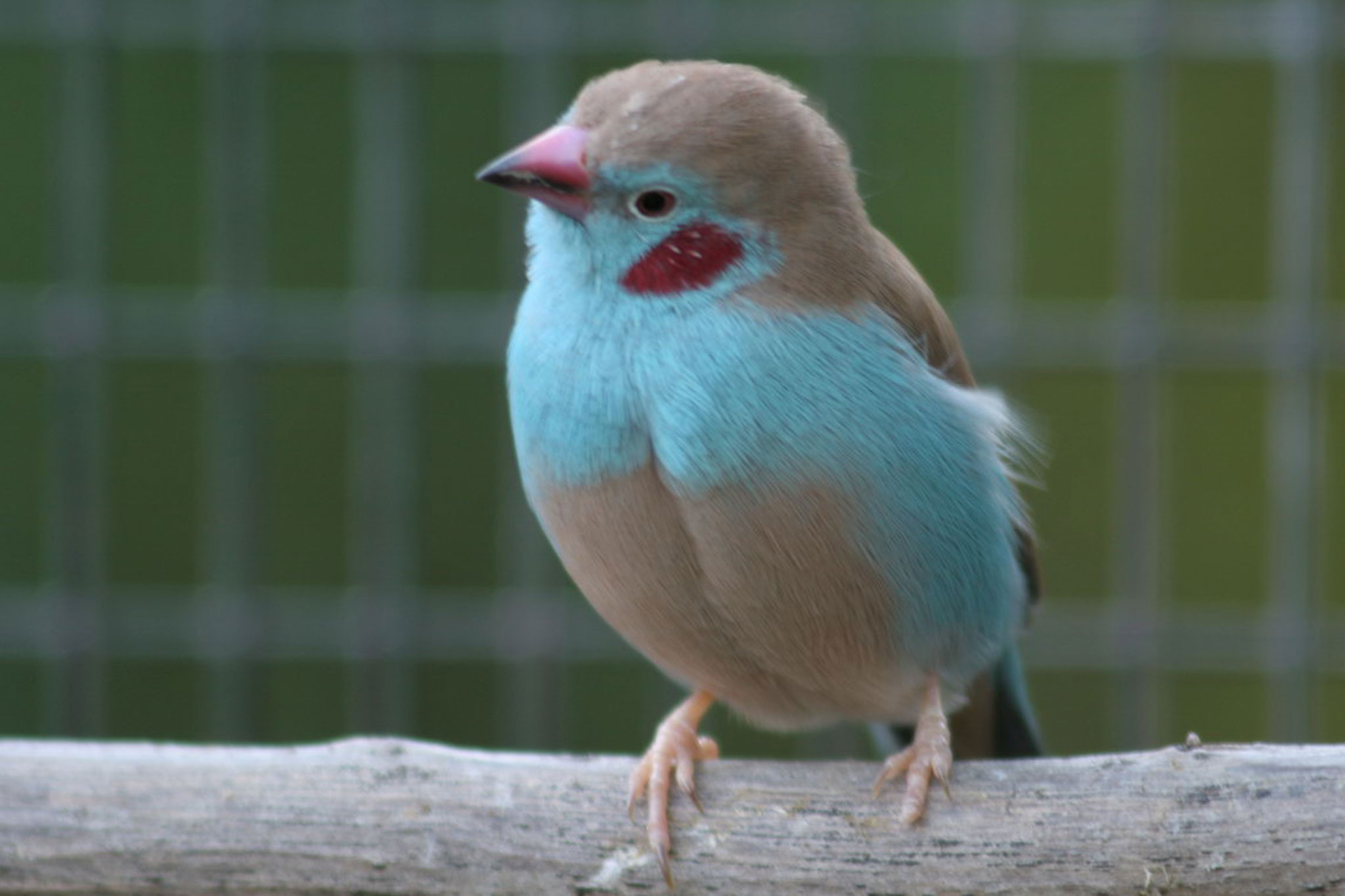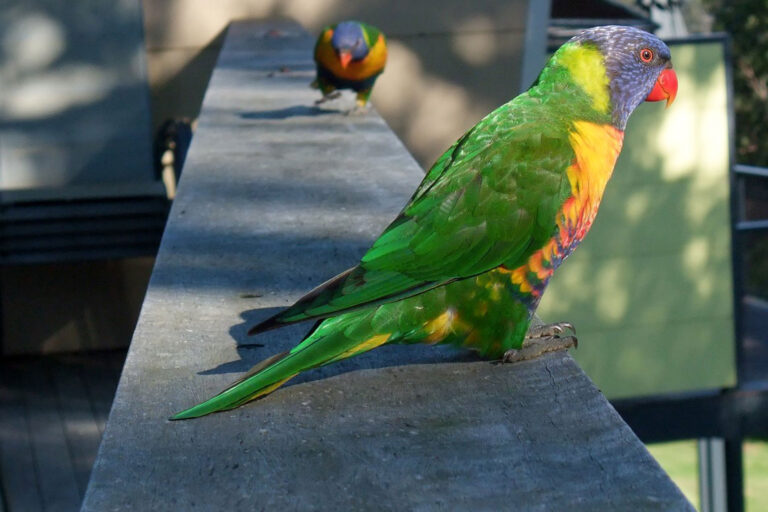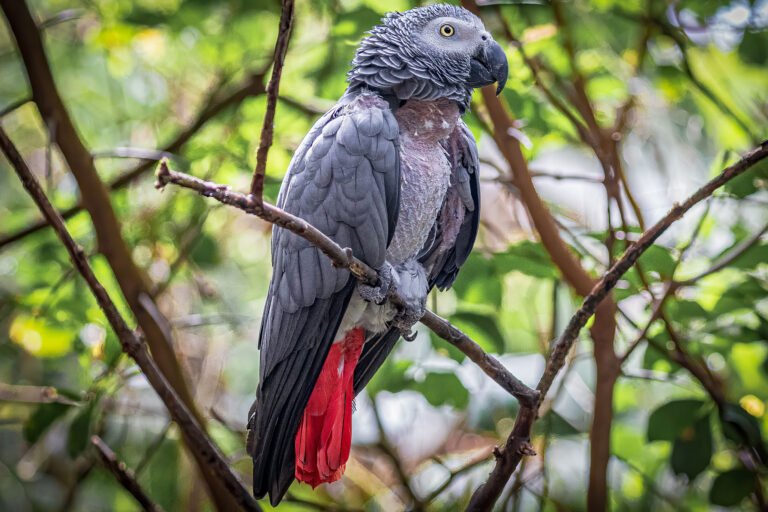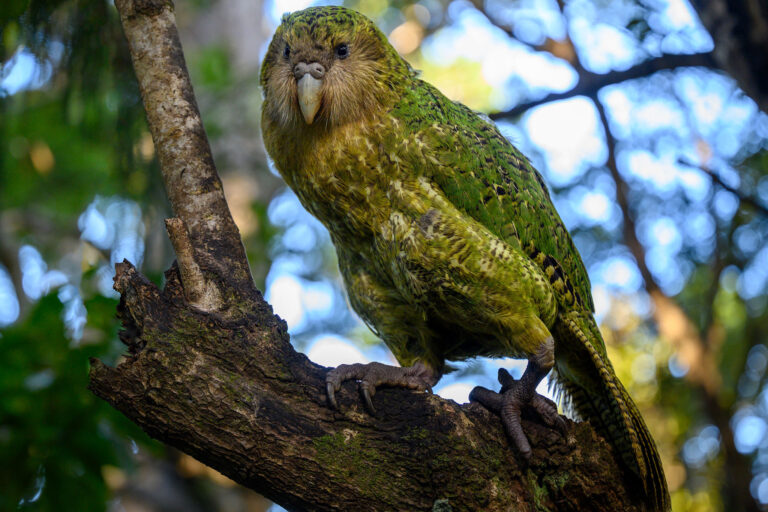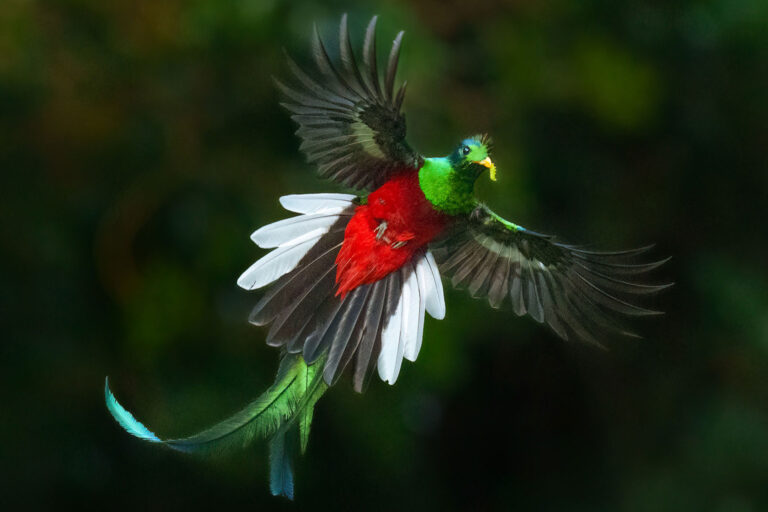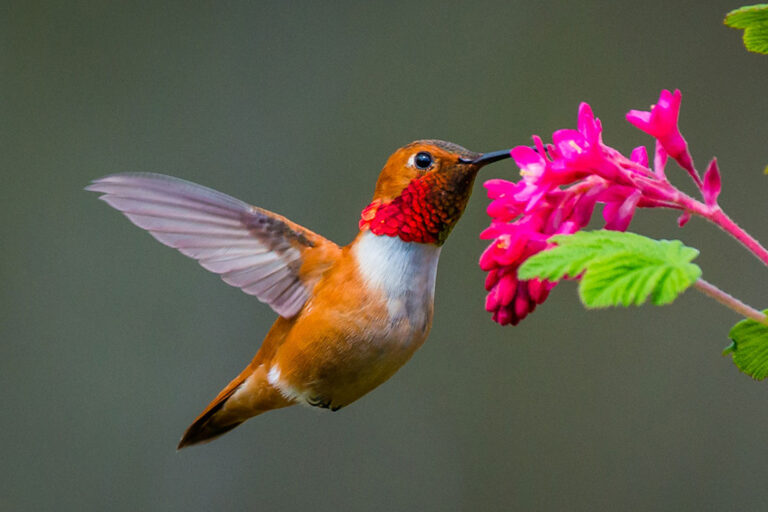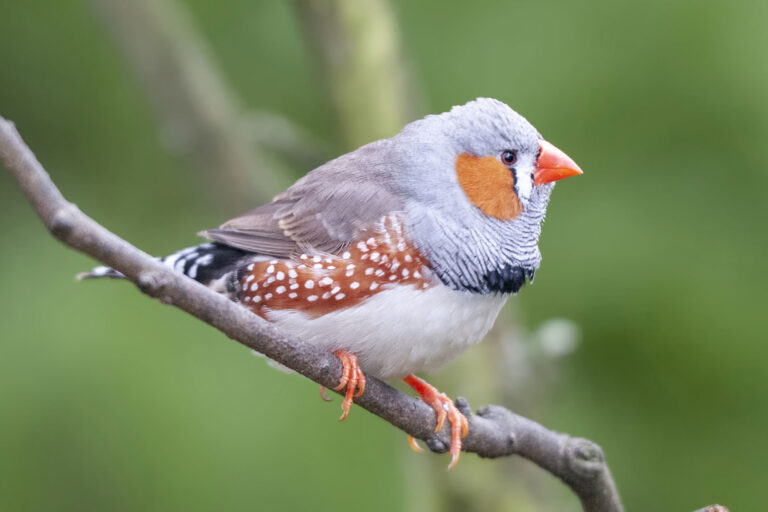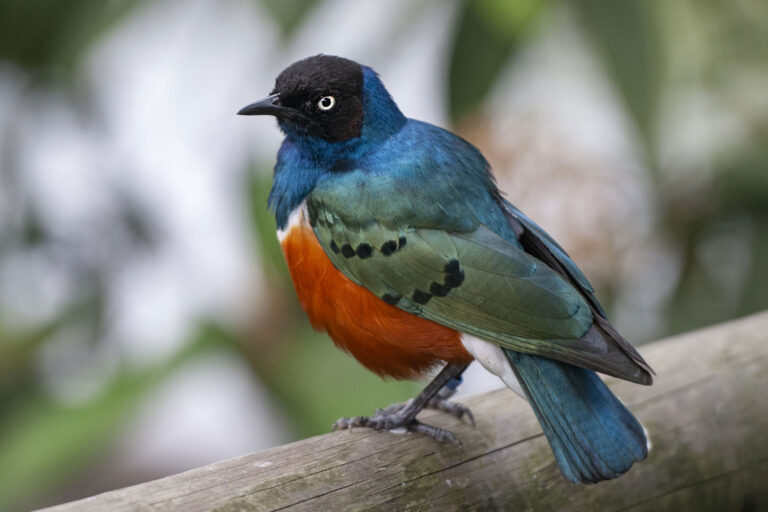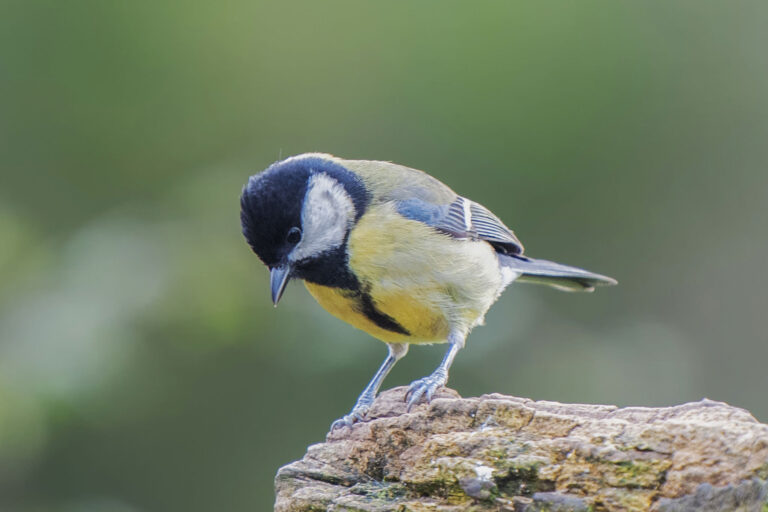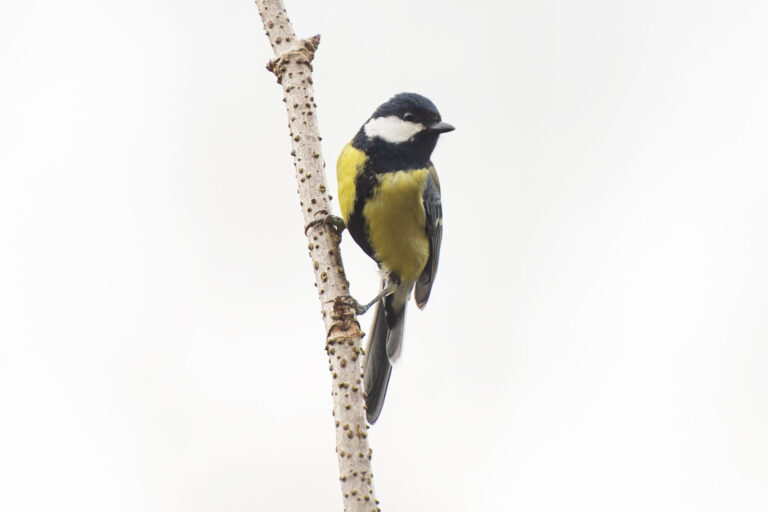Birds are fascinating creatures, admired for their beauty, grace, and songs. Whether you’re a seasoned bird enthusiast or a novice bird owner, ensuring the health and well-being of our feathered friends is paramount. Just like any other pet, birds can suffer from various health issues that require attention and care. In this comprehensive guide, we’ll delve into four common bird health issues and provide insights on how to spot them early on. By staying vigilant and proactive, you can help your avian companions live long, healthy lives.
Respiratory Problems
Respiratory problems are among the most common health issues affecting birds. These can range from mild infections to more serious conditions like pneumonia. One of the key indicators of respiratory issues in birds is difficulty breathing or labored breathing. You may notice your bird breathing with its mouth open or making wheezing sounds.
Other signs of respiratory problems include nasal discharge, sneezing, coughing, and lethargy. If you observe any of these symptoms in your bird, it’s essential to seek veterinary care promptly. Respiratory infections can quickly worsen if left untreated, leading to severe respiratory distress and even death.
To prevent respiratory problems in birds, ensure that their living environment is clean and well-ventilated. Avoid exposing them to cigarette smoke, aerosol sprays, or other airborne pollutants. Regularly clean their cage, provide fresh air circulation, and maintain optimal humidity levels. Additionally, consider providing your bird with a humidifier or steam therapy if they show signs of respiratory distress.
Begin by identifying a behavior you’d like to teach your bird, such as stepping onto your hand or singing a specific tune. Break down the behavior into small, manageable steps, and reward your bird generously for each successful attempt. With patience and consistency, you’ll build trust and confidence, laying the foundation for a successful training journey.
Feather Disorders Bird Health Issues
Feathers play a crucial role in a bird’s health and overall well-being. Feather disorders can manifest in various ways, including abnormal feather growth, feather loss, or feather picking. One common feather disorder is feathering mites, tiny parasites that infest the bird’s feathers and skin, causing irritation and feather damage.
Signs of feather disorders include patches of bare skin, broken or damaged feathers, and excessive preening or scratching. In severe cases, birds may develop bald spots or even mutilate their feathers due to the discomfort caused by the underlying condition.
To prevent feather disorders, provide your bird with a balanced diet rich in essential nutrients, including vitamins and minerals. Offer a variety of foods, including high-quality pellets, fresh fruits, and vegetables. Regular grooming and bathing can also help maintain healthy feathers and prevent the buildup of dirt and oils. If you suspect your bird has a feather disorder, consult with a veterinarian who specializes in avian health for proper diagnosis and treatment.
To begin clicker training, introduce your bird to the clicker by associating the sound with a treat they love. Once they understand that the click predicts a reward, you can start shaping behaviors by clicking and treating incremental progress. With consistent practice and positive reinforcement, your bird will quickly learn to associate the click with the desired behavior, leading to impressive results.
Gastrointestinal Issues
Gastrointestinal problems are another common concern for bird owners. These can include digestive disorders, bacterial or fungal infections, and even foreign object ingestion. Symptoms of gastrointestinal issues in birds may include changes in appetite, vomiting, diarrhea, and abdominal distention.
One of the most serious gastrointestinal conditions in birds is sour crop, a condition characterized by the fermentation of food in the crop, leading to a foul-smelling, mushy mass. Sour crop can be caused by bacterial or yeast infections or by the ingestion of indigestible materials.
To prevent gastrointestinal issues, offer your bird a varied diet that includes a mix of seeds, pellets, fruits, and vegetables. Avoid feeding them foods that are high in fat, sugar, or salt, as these can disrupt their digestive system. Additionally, ensure that your bird has access to clean, fresh water at all times and monitor their eating habits for any changes that may indicate an underlying issue. Regularly clean and sanitize food and water dishes to prevent bacterial contamination.
Start by presenting the target object to your bird and rewarding any interaction or curiosity with praise and treats. Gradually shape behaviors by moving the target to different locations or heights, encouraging your bird to follow and touch it with increasing precision. With each successful interaction, you’ll strengthen your bond and empower your bird to learn and explore.
Parasitic Infestations
Parasitic infestations are a common concern for birds kept in both indoor and outdoor environments. These can include external parasites like mites, lice, and ticks, as well as internal parasites like worms and protozoa. Parasites can cause a range of health problems in birds, including skin irritation, feather damage, anemia, and weight loss.
One telltale sign of parasitic infestations in birds is excessive scratching, feather picking, or self-mutilation. You may also notice small insects or eggs on your bird’s feathers or skin, particularly around the head, neck, and vent area. In severe cases, parasitic infestations can lead to secondary infections or systemic illness.
To prevent parasitic infestations, regularly inspect your bird for signs of parasites and maintain a clean-living environment. Clean and disinfect your bird’s cage and accessories regularly, and provide them with regular baths or dust baths to help control external parasites. Additionally, consult with your veterinarian about appropriate parasite prevention measures for your specific bird species.
Start by presenting the target object to your bird and rewarding any interaction or curiosity with praise and treats. Gradually shape behaviors by moving the target to different locations or heights, encouraging your bird to follow and touch it with increasing precision. With each successful interaction, you’ll strengthen your bond and empower your bird to learn and explore.
Being able to recognize the signs of common bird health issues is essential for maintaining the well-being of your avian companions. By staying vigilant and proactive, you can identify potential problems early on and seek appropriate veterinary care when needed. Remember to provide your bird with a healthy diet, a clean-living environment, and regular veterinary check-ups to ensure they lead happy, healthy lives. By working together, we can help our feathered friends thrive for years to come. Bird Health Issues

Dr. David Woolard’s interest in veterinary medicine stems from his upbringing in the lovely hamlet of New Paltz, NY, where he gained a love of animals at a young age.
Subscribe my Newsletter for new blog posts. Stay updated from your inbox!

